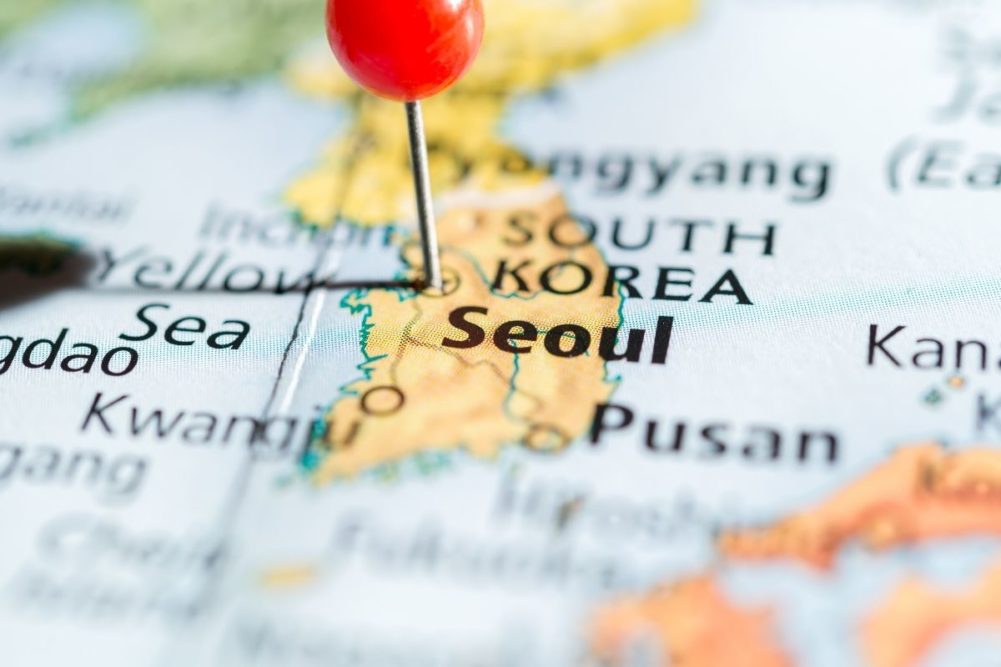SEOUL, SOUTH KOREA — At 970,000 tonnes, soybean crush is forecast to remain below South Korea’s full crush capacity of 1 million tonnes in marketing year 2024-25, marking the third straight year that the local industry will deviate from the historical average of operating at full capacity.
Since mid-2023, the high cost of importing and crushing soybeans compared to the prices of imported soybean byproducts (oil and meal) has decreased interest in crushing soybeans domestically, according to a Global Agricultural Information Network (GAIN) report from the Foreign Agricultural Service (FAS) of the US Department of Agriculture.
The FAS said soybean meal from domestic crush and imports is expected to remain the dominant protein source in South Korea’s total compound feed production of about 21 million tonnes annually due to its nutritional benefits, ready availability and competitive prices, but rapeseed is gaining traction.
“To meet greenhouse gas (GHG) emissions reduction targets, the Korean government has encouraged farmers to reduce the protein level in local compound feed formulas, which dampened demand for soybean meal compared to other feedstocks,” the FAS said.
Soybean meal imports in 2024-25 are forecast to remain the same as 2023-24 at 1.6 million tonnes, but slightly below average on the relative price competitiveness of rapeseed meal, along with new climate mitigation policies. South Korea relies on imports for about two-thirds of its soybean meal supply.
Rapeseed meal sourced primarily from India is forecast to grow as the No. 4 protein source in compound feed, after soybean meal, distiller’s dried grains with solubles and palm kernel meal. Total rapeseed meal imports in 2024-25 are forecast to increase to about 560,000 tonnes.
South Korea is seen producing about 142,000 tonnes of soybeans from 69,000 hectares planted in 2024-25, a slight uptick from 141,000 tonnes the previous marketing year but 9% higher than 2022-23 and a 10-year high. With all domestic soybean production directed to food use, South Korea relies entirely on imports of soybeans for crushing.
Soybean is featured as one of the targeted crops under the government’s alternative crop planting incentives aimed at relieving overproduction of rice. The recent production increase is attributed to government direct payments to farmers who shifted their rice acreage to soybean, along with government commitments to purchase the increased amount produced at guaranteed prices.
The FAS expects soybean imports will recover to 1.25 million tonnes in 2024-25, up from 1.21 million tonnes in 2023-24, but still below normal levels on account of high ending stocks of both soybeans and soybean oil. Total soybean consumption is pegged at 1.38 million tonnes in 2024-25.



